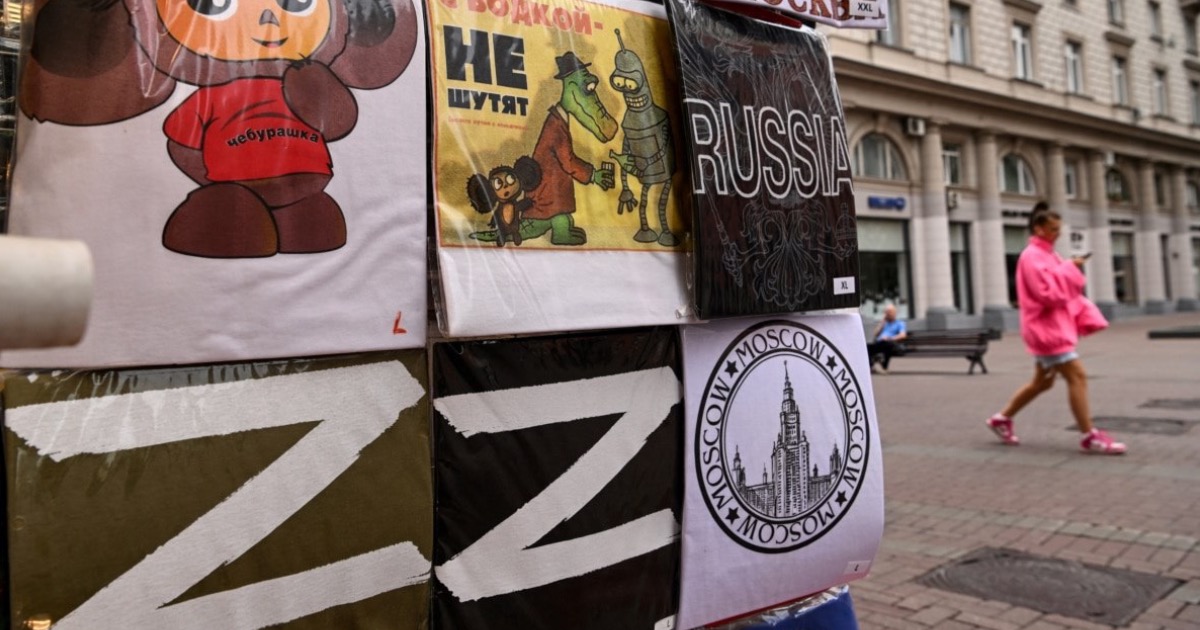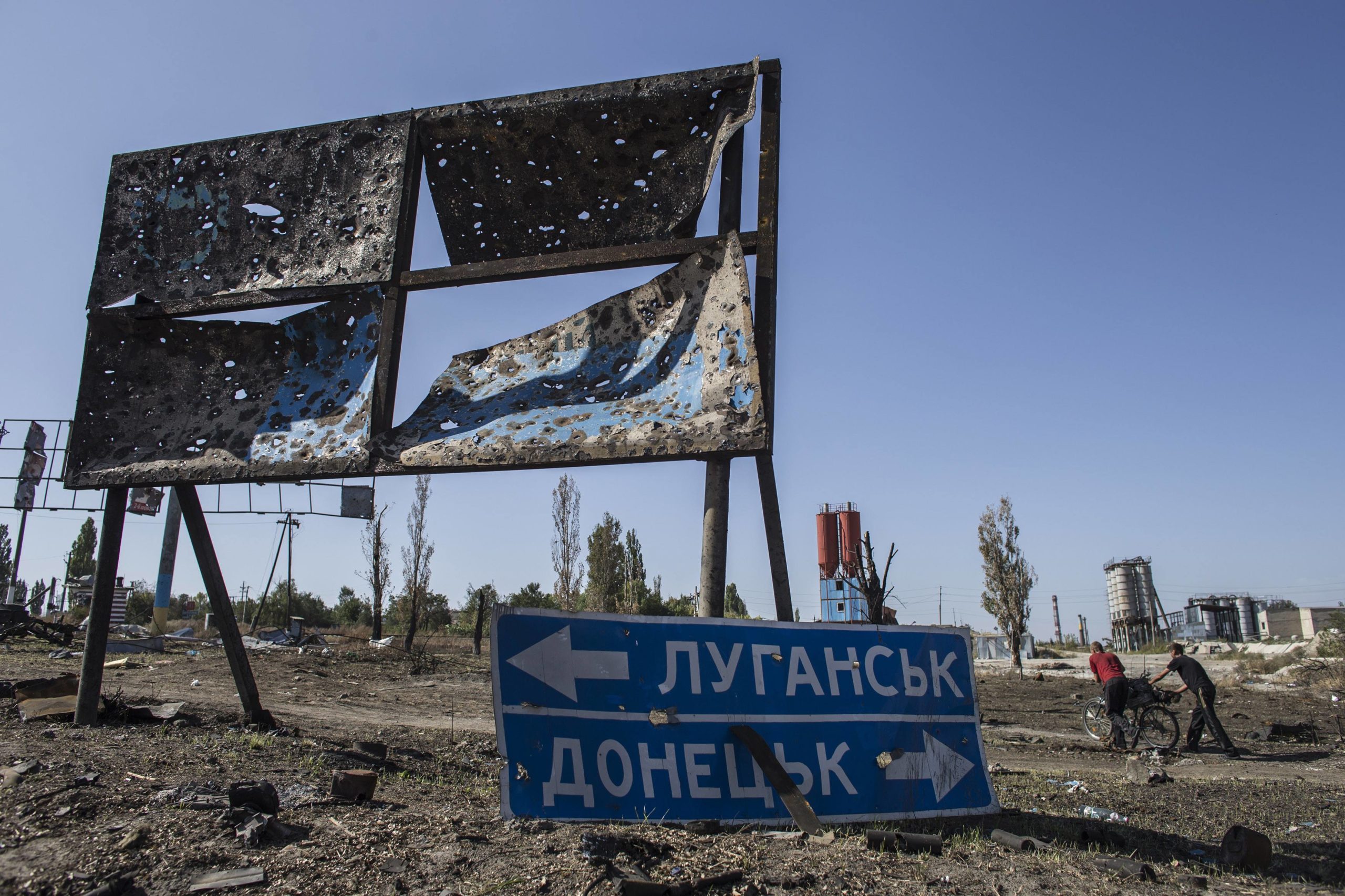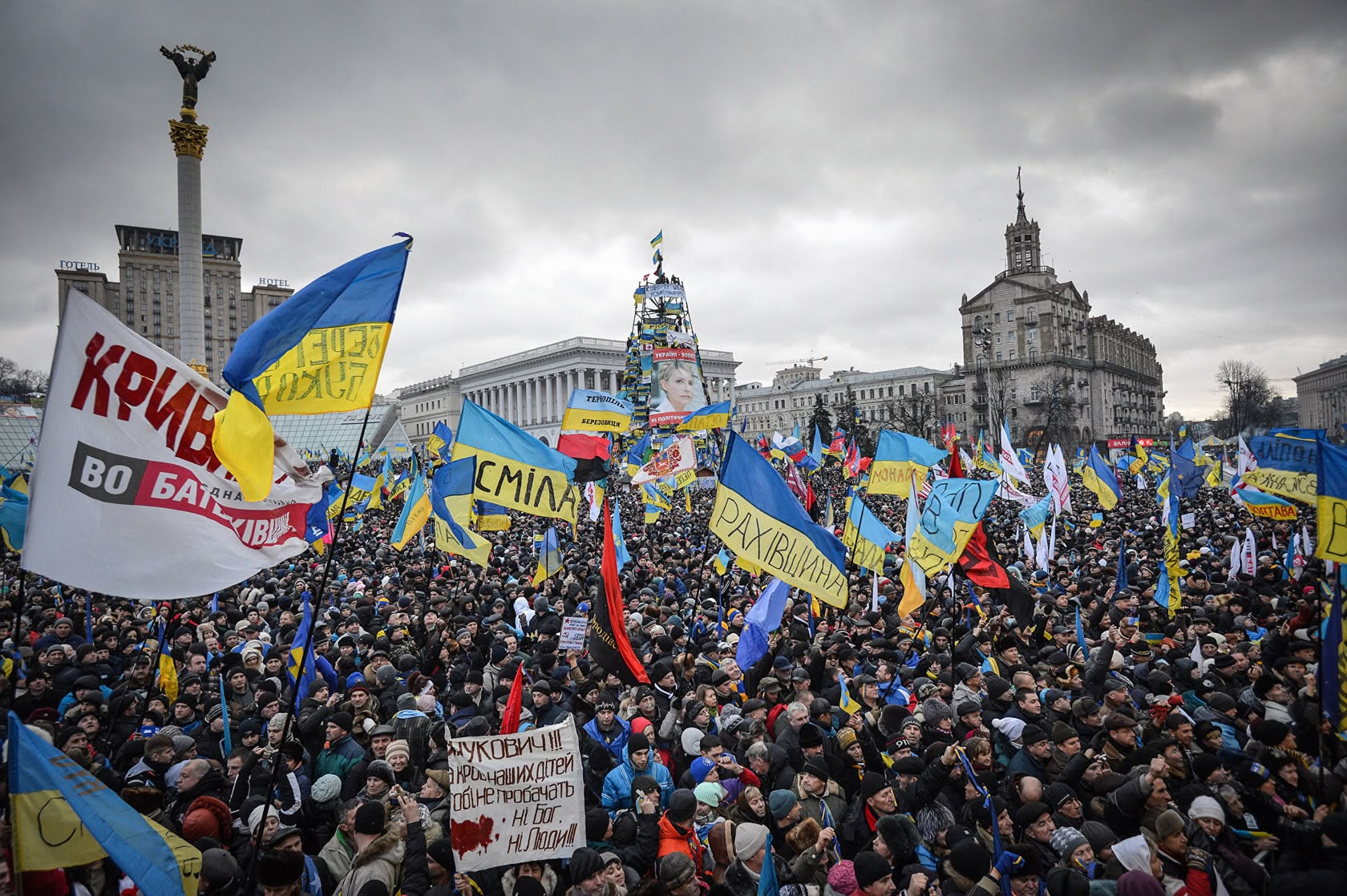Public Sociology Laboratory (PS Lab) is an autonomous
research group focusing on politics and society in
Russia and post-Soviet region in comparative
perspective.
Public Sociology Laboratory was established in 2011.
Back then, following the start of the mass protests in
Russia in December 2011, the PS Lab team started their
research on protests and social movements in Russia,
which subsequently expanded to include other post-Soviet
regions. But PS Lab has a backstory too. Some of its
members first met in 2007 as part of the OD Group—a
student movement fighting for the quality of education
at the Department of Sociology, Moscow State University.
Since its establishment, PS Lab has included many more
members and launched dozens of new research projects. PS
Lab researchers have defended candidate (kandidat) and
Ph.D. degrees in social and political sciences and are
currently working on a number of collective and
individual projects on a variety of topics such as civic
politics, media, state, and labor.
In March 2024, the Russian Ministry of Justice
designated the Public Sociology Laboratory as a "foreign
agent." The participants of the Laboratory consider the
law on foreign agents to be a politically motivated and
repressive measure. The foreign agent status, of course,
complicates the activities of the Laboratory. We are
facing new bureaucratic challenges, the necessity of
labeling our publications, and it will be more difficult
for us to conduct fieldwork—not to mention the
individual risks many of us now face. However, we
believe it is important to continue using social
sciences to support public discourse—especially today.
Therefore, we will continue to do what we have been
doing.
Mission
The main goal of the Public Sociology Laboratory is to combine public relevance, methodological rigour, and theoretical depth in research. We believe that the traditional academic distinction between scholarship and political commitment is a false dilemma and that there is no neutral, objective, and apolitical knowledge.
Principles
Our approach is based on combining a socially engaged
approach with contemporary discussions in social and
political theory and seeking to address theoretical
questions via empirical research. In their work, PS Lab
members follow several basic principles: political
relevance and theoretical depth of research questions,
professionalism in empirical analysis, and the use of
results to communicate to the broader public and
maintain informed public discussion.
We also share a number of broader epistemological
beliefs. First, we believe that researchers should be
aware of their own political assumptions and
preoccupations rather than unbiased or uninvolved. True
academic knowledge can be achieved only through
recognizing and taking into account one's own
politically-engaged stance. Having political commitments
without methodology means to be a politician, while to
have a methodology without such a bias means to be an
empty positivist. Thus, the goal of the laboratory is to
find methodologically firm ground for socially- and
politically-engaged knowledge. Second, we believe that
it is important to address the issues that have both
social and theoretical importance. Namely, the PS Lab
aims at grounding the issues of "higher philosophy" in
solid empirical data. Finally, PS Lab attempts to move
knowledge beyond academic discussions and make it a part
of public debate.
Areas of research
By bringing together researchers with different disciplinary backgrounds—sociologists, political scientists, psychologists, and researchers well-versed in various approaches to data analysis—PS Lab combines various theoretical approaches and methods in its empirical research.
Major projects of recent years
»
Methods and data
All PS Lab projects are based on large empirical
datasets—mostly qualitative, such as interviews,
observations, and focus groups. Some participants also
rely on quantitative methods, such as surveys,
experiments, and computational social media analysis.
In addition to empirically grounded research, PS Lab
also collaborates with civic and political activist
groups, as well as social and political democratic
movements.
Publications

In collaboration with researchers from EUSP and
St. Petersburg State University, PS Lab has
published a collective monograph
The Politics of Apoliticals: Civic Movements in Russia in 2011-13
(in Russian, Novoe literaturnoe obozrenie, 2015). The monograph is still
considered to be one of the main sources on
protest politics in contemporary Russia. In
addition, since the beginning of Russia's
invasion of Ukraine, PS Lab has been conducting
a qualitative study of Russians' perceptions of
the war.
Researchers from PS Lab have published their
research in a variety of Russian and international
peer-reviewed academic journals, such as
Political Communication, American Journal of
Cultural Sociology, Sociological Forum,
Current Sociology, Journal of Youth Studies,
International Sociology, Post-Soviet
Affairs, Europe-Asia Studies,
Sociologicheskie Issledovania, Sociologia
Vlasti, Sociologicheskoe obozrenie, Journal
of Social Policy Studies,
and many others.
Public Sociology Laboratory's members also
regularly publish media articles and take to the
radio to present the results of their research
for a broader audience. All PS Lab publications
can be found in «Projects».
Teaching experience
PS Lab members have had experience teaching at King's College London, University of Bremen, University of Wisconsin-Madison, the North-West Institute of Management RANEPA (St. Petersburg, Russia), Ural Federal University (Ekaterinburg, Russia), Narxoz University (Almaty, Kazakhstan), Tyumen State University (Tyumen, Russia), and other universities.









